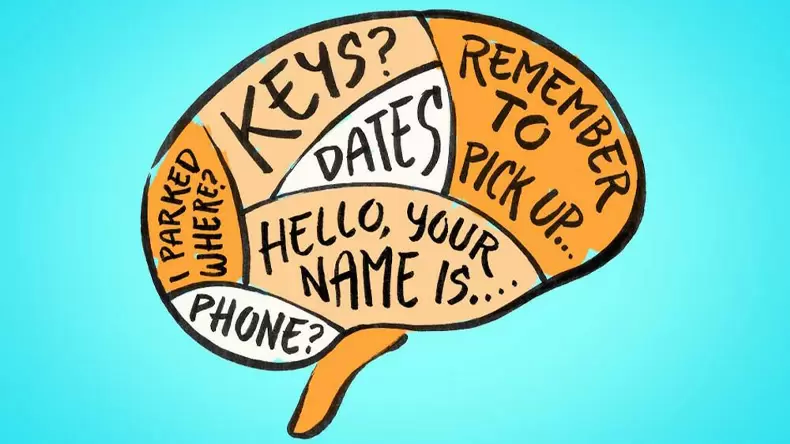Who Are You in Chiikawa Today? Quiz
Are you forgetful? Take our Short Term Memory Test and find out... if you remember to take it.
Memory Function
Our memories are a huge part of who we are as humans that's why memory loss is so devastating. Protecting our memory function is a crucial step in a more advanced healthcare protocol.
Early Detection
Being able to self-identify a problem with memory recall could help improve long term care or discover what may be the culprit to our anxiety and stress around cognitive dysfunction or "brain fog."
So many things can change how our memory functions for example: sleep problems (not getting enough sleep), new medication, change in diet, and many more variable we may never consider. Identifying what is hurting or helping our memory function is what we aim to accomplish with our free memory tests.
Memory Loss

The MemTrax memory test is a continuous recognition task paradigm that was developed and implemented by world renowned psychiatrist and Alzheimer's research doctor, Dr. J. Wesson Ashford, Ph.D., M.D. from Stanford University and Chair of the Memory Screening Advisory Board of the Alzheimer's Foundation of America.
Early detection of a memory problem can help with long-term treatment options while they are most effective or assist in a diagnosis. Measuring the brains cognitive function with this test is like measuring the heartbeat with a stethoscope or your temperature with a thermometer.
Type of Dementia
Many types of dementia like frontotemporal dementia, Lewy bodies dementia, and many other can be identified by a slow change in mental ability, obvious reduction in daily skills, and the process of storing new information from life events. Larger numbers of people are now 65 and over and as life expectancy increases age related cognitive problems will continue to rise.
Memory and Mental Health
Memory and mental health are closely related, as memory can be a strong indicator of emotional well-being. Research has shown that individuals with depression and anxiety tend to have poorer memories than their counterparts who are in better mental health.
Form Your Brain
In addition, cognitive abilities such as memory can often be improved through lifestyle changes such as adequate sleep, proper nutrition, and stress management. Improving one’s overall mental health can have a positive effect on both short-term and long-term memory recall.
Enjoy the Moment

Additionally, having healthy social relationships has been found to improve the ability to store information of all types over time. As a result, maintaining good relationships is key when it comes to improving both one's physical and mental health.
In conclusion, memory is an important aspect of mental health and well-being. By understanding how memory works and applying lifestyle modifications, individuals can improve their overall mental health as well as the quality of their memories.
Additionally, cognitive testing such as the one provided here through CogniFit can help identify areas where attention should be focused on when seeking to improve one’s overall mental health. Our AI systems help determine where you need help and we "train" that function!
Not to be Forgotten
Finally, remember that maintaining healthy relationships with others is key in improving both physical and emotional well-being.
With a better understanding of how memory works and some practice with lifestyle adjustments, each person has the potential to maximize their cognitive skills.
Think you have a good memory? Take our Short Term Memory Test and prove it... if you can remember to take it, that is.





























